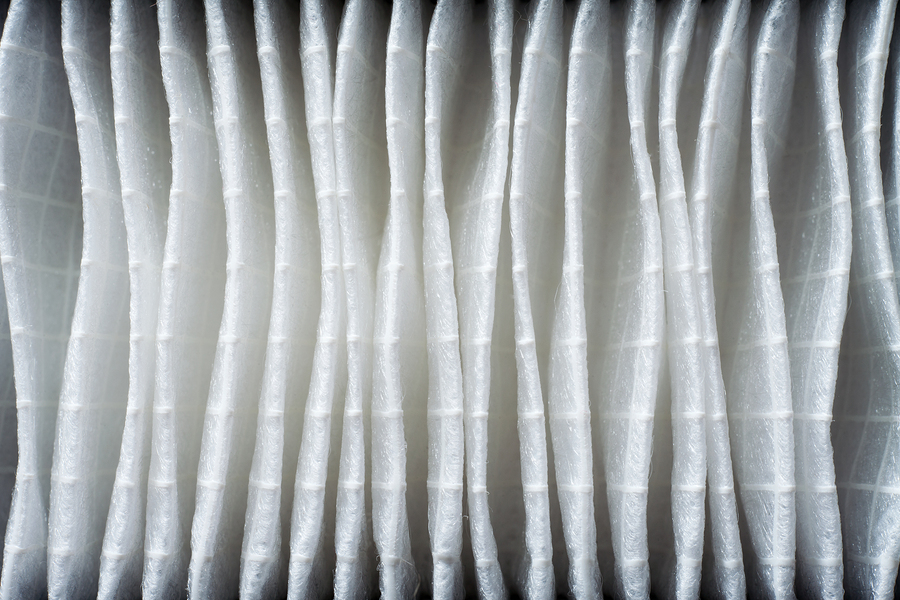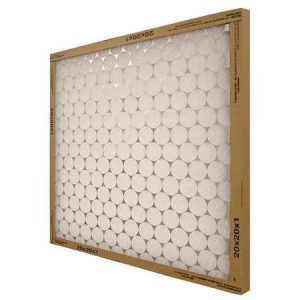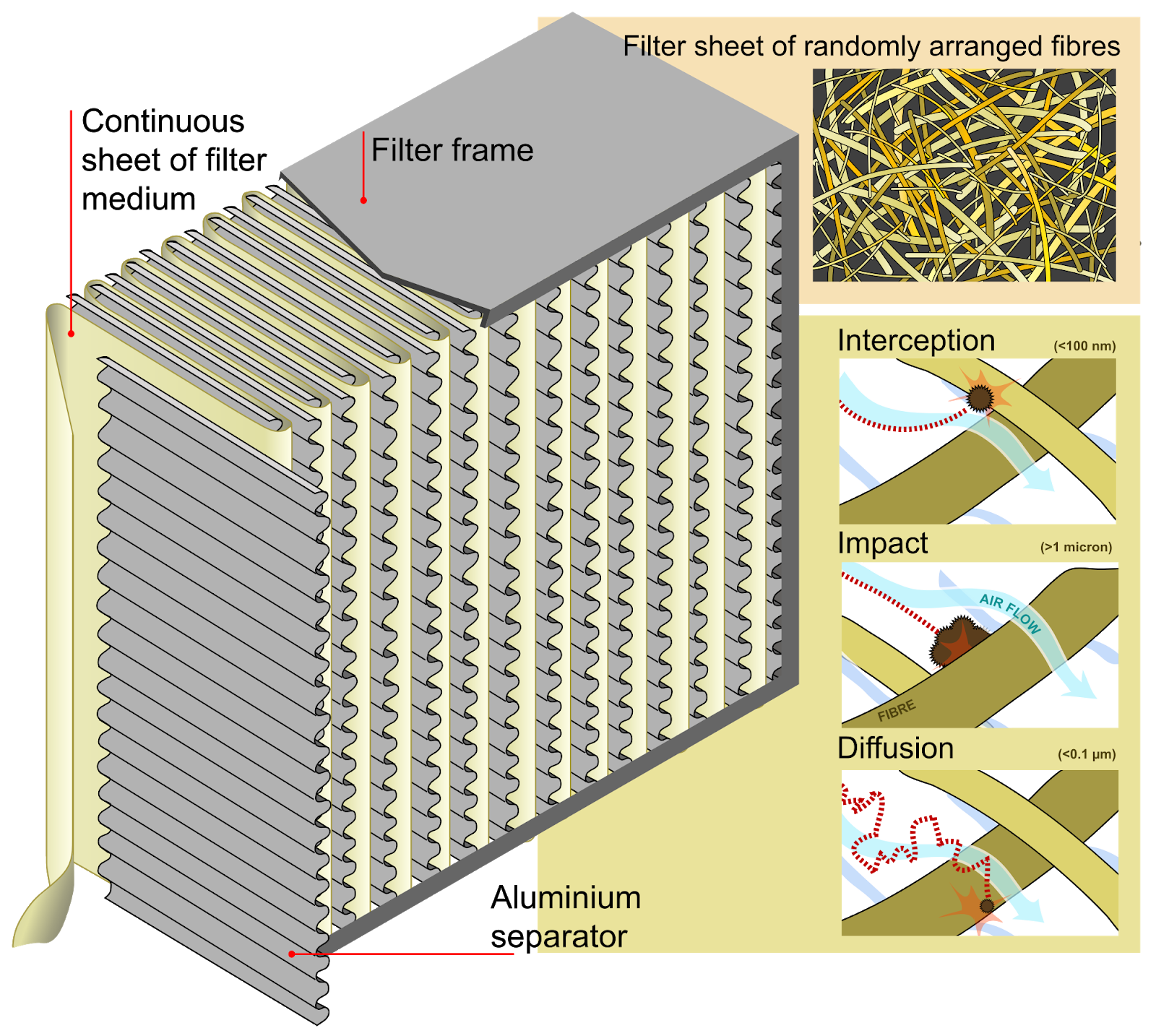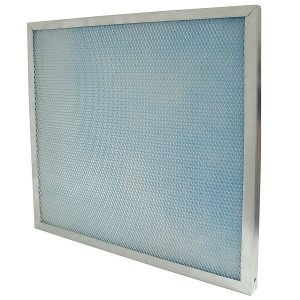The Donley Service Center Guide to Air Conditioning Filters
Date: April 11, 2018
ARTICLES
THE DONLEY SERVICE CENTER GUIDE TO AIR CONDITIONING FILTERS
APR 10, 2018
Many think that the cost and brand of your air conditioner is the only thing to consider when investing in a new HVAC system. The components that help the unit function are just as vital as the unit itself. One of the most important parts of your HVAC system is the air filter. Having the right one determines whether the air conditioner cools your home as effectively and efficiently as possible. The type of air filter can also have a big impact on air quality. People who buy the wrong air conditioning filters for their homes, or don’t replace them often enough, generally experience issues with their HVAC systems during the worst possible time: a hot summer day.
WHAT ARE AIR CONDITIONING FILTERS?
A particle air conditioning filter is made up of coarse products which eliminate strong particulates such as dirt, plant pollen, mould, and also germs from the air. Filters consisting of an absorptive or stimulant such as charcoal (carbon) could likewise eliminate smells and also aeriform contaminants such as unstable natural substances or ozone.
HOW AN AIR CONDITIONER WORKS
Have you ever wondered how your air conditioner works? Your air conditioning system is made up of three main components:
-
The outdoor unit (called the condenser).
-
The furnace or blower unit.
-
The indoor cooling coil.
These three pieces have to be working in order to get cool air in your home. The general concept is air with heat and moisture is drawn into your blower unit or your furnace, where air is then sent through to a coil with Freon or refrigerant running through the tubes. Air travels across the cooling coils where the heat and moisture is removed. The residual moisture runs down into a drain and is sent or pumped outside. The heat is then sent through a tube back to the outdoor unit and it goes through another coil where the fan blows and dissipates the heat to the outside.
AIR CONDITIONERS NEED CLEAN FILTERS
The key to the longevity of your air conditioner is making certain that your air filter is kept clean. A delay in replacing your air filter can cause a breakdown in the system where the unit stops delivering cool air altogether. This is because as the AC unit sucks up the warm air in your home through the filter, the filter collects and traps particles in the air. Over time as the particles collect, the filter can clog, blocking most of the air from being drawn into the unit. This forces the air conditioning system to work harder to collect air, which can cause the coils to freeze up since there is not enough hot air being collected to balance out the system. Because of this, most specialists recommend that you replace your filter on a monthly basis to guarantee the most effective performance.
TYPES OF AIR CONDITIONING FILTERS
There are a variety of different air conditioning filters out there that are based on how they purify the air and the different levels of air purifying quality. Before we get into the latter, let’s take a look at the different types of air conditioning filters.
FIBERGLASS AIR CONDITIONING FILTERS
Fiberglass filters are the most common air conditioning filter as they are the least expensive. However, since fiberglass filters only protect your air conditioning filter from large, damaging particles in the air, they are not effective in improving air quality. If you have any sort of issues with allergies, we would recommend taking a look at a different type of filter. These filters also need to be replaced on a more regular basis as well.
POLYESTER/PLEATED AIR CONDITIONING FILTERS
Compared to fiberglass filters, polyester and pleated air conditioning filters are more effective at improving the air quality in your home. They remove about 45% of dust and other small particles from the air. Due to their design, they also do not notably restrict the flow of air into your system.
HIGH EFFICIENCY/HEPA FILTERS
High efficiency particulate air filters (HEPA), as you can guess, are the most expensive types of filters, mainly because they are the best at improving air quality in your home and filtering out most of the harmful air particles, including dust and mold. While they are typically used in industrial and medical facilities, it is not unheard of for homeowners with severe allergies to use them.
ELECTROSTATIC FILTERS
Electrostatic filters remove particles in the air by statically charging the air as it passes through the filter. The discharge particles are collected on plates that have an opposite charge. Unlike polyester and fiberglass filters, electrostatic filters are permanent, only needing to be washed every three months or so. They can be 2 to 6 times more expensive than a typical air conditioning filter, but since you won’t be needing to replace it, that cost quickly pays for itself.
MERV RATING
As stated earlier, air filters are classified by their MERV Rating, which is a measurement scale designed in 1987 by the American Society of Heating, Refrigerating and Air-Conditioning Engineers (ASHRAE) to rate the effectiveness of air filters. On a scale of 1-16, the MERV rating essentially denotes the minimum size of the particle the filter will capture.
THE PHOENIX FACTOR
It goes without saying that the Summer heat in Phoenix, Arizona can cause an air conditioner to work harder and longer than they were meant to. This is especially true during monsoon season, when dust storms are a regular occurance. It is so important that during the summers, homeowners replace their filters at least once a month (or clean their electrostatic filters once a month). Not only will this ensure cleaner air, but it will maximize the efficiency of your air conditioning unit when it matters the most. After all, no Phoenix resident wants to experience a home without cool air on a summer afternoon.
BUT IF THAT HAPPENS…
If your air conditioning system is experiencing issues and replacing the air filter has shown little to no improvement, be sure to call Donley Service Center right away. Our experienced professionals have served the Valley for over forty years. We’re open 7 days a week, 24 hours a day to handle any HVAC and plumbing situation that may arise in your home. Also, we offer preventative maintenance services to help prevent those emergency situations from happening.




